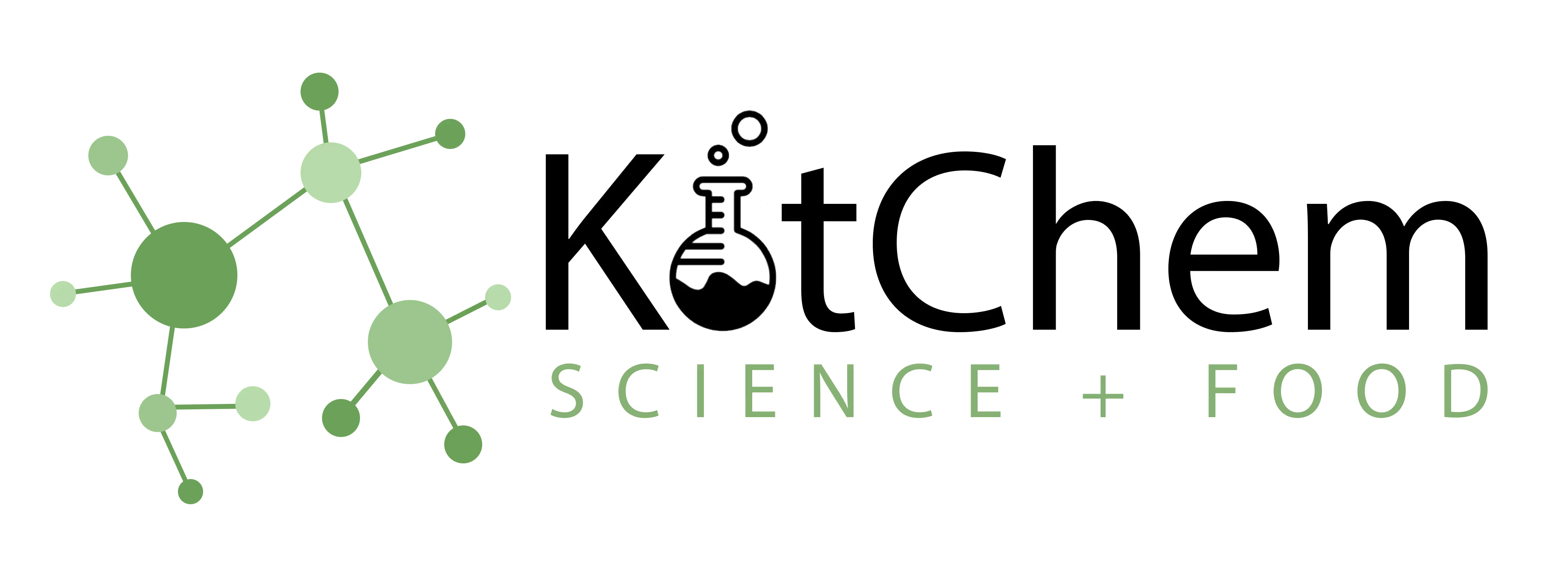The Role of a Food Scientist in Product Development
Explore our expert-written guides on food, supplement, and cannabis product development, built from 20+ years of real-world experience.
Introduction
Behind every successful food product lies complex scientific expertise that transforms ingredients into stable, delicious, market-ready innovations. The role of a food scientist extends far beyond basic recipe development—these professionals apply rigorous scientific principles to solve technical challenges throughout the product lifecycle. Whether you're developing a new food product or improving an existing one, understanding the role of a food scientist is crucial to leveraging their capabilities effectively.
Discover the comprehensive technical capabilities and specialized knowledge that professional food scientists bring to product development:
- Core scientific competencies that ensure product safety and stability
- Applied expertise that transforms concepts into commercial products
- Technical leadership that guides projects to successful outcomes
- Industry knowledge that provides competitive advantages in a changing market
What Does a Food Scientist Consultant Do: Core Scientific Competencies
Understanding what does a food scientist consultant do begins with their foundational scientific capabilities. At their core, these professionals apply rigorous scientific principles to food systems, ensuring products are safe, stable, and meet consumer expectations.
A food scientist consultant's primary strength lies in their mastery of food chemistry principles. They understand how ingredients function on a molecular level—why proteins denature, fats oxidize, or starches gelatinize. This expertise allows them to predict reactions that affect texture, flavor, and stability. What does a food scientist consultant do when formulating new products? They analyze chemical mechanisms and make precise adjustments based on scientific principles.
Advanced analytical testing forms another cornerstone of their expertise. What does a food scientist consultant do with analytical data? They design experiments using techniques like chromatography, rheology, and spectroscopy, then interpret complex results, translating technical findings into practical formulation improvements.
Shelf-life optimization requires scientific precision. Food scientists apply:
- Microbial hurdle technology to control pathogen growth
- Water activity manipulation to prevent degradation
- Oxidation prevention strategies to maintain flavor
- Packaging interaction analysis to ensure product compatibility
When implementing preservation principles, food scientist consultants select appropriate techniques based on product characteristics rather than following generic approaches.
The Role of a Food Scientist in Applied Food Science and Development
The practical application of scientific knowledge defines the role of a food scientist in product development. While theoretical understanding forms their foundation, the ability to apply this knowledge effectively sets exceptional consultants apart from the merely knowledgeable.
Formula optimization represents a core function in the role of a food scientist. These professionals systematically manipulate ingredient levels, interaction effects, and processing conditions to achieve desired product attributes. Rather than making random adjustments, they employ design of experiments (DOE) methodology to efficiently identify optimal formulations with fewer trials.
Processing technology expertise is crucial to the role of a food scientist in bridging laboratory concepts to manufacturing reality. They understand how different thermal, mechanical, and preservation processes affect ingredient functionality and final product characteristics.
Professional food scientists implement multiple expertise areas to ensure product success:
- Systematic formula iterations using statistical analysis
- Processing parameter optimization for manufacturing efficiency
- Structured sensory evaluation protocols for objective measurement
- Scientific quality control systems to maintain consistency
Technical Project Leadership
Beyond laboratory expertise, what does a food scientist consultant do to guide projects toward successful outcomes? They provide essential technical leadership that organizes scientific efforts and ensures results align with business objectives.
Scientific research design stands at the core of effective project leadership. What does a food scientist consultant do when planning research? They develop structured protocols with clear objectives, controlled variables, and appropriate methodologies. This approach prevents wasted resources on experiments that can't deliver actionable insights.
Technical specification development translates research findings into actionable manufacturing guidelines. What does a food scientist consultant do to ensure consistent production? They create comprehensive documents detailing ingredient requirements, processing parameters, quality attributes, and testing methods.
Cross-functional coordination represents a critical aspect of what a food scientist consultant does in complex organizations. They serve as technical translators between departments, communicating scientific concepts in accessible language to help non-technical stakeholders understand development challenges and solutions.
Industry Knowledge Application
Applying cutting-edge industry knowledge to practical challenges defines another crucial role of a food scientist in today's rapidly evolving market. These professionals stay abreast of technical advancements and translate them into competitive advantages for their clients.
Scientific trend analysis forms a foundational role of a food scientist in strategic development. They monitor emerging ingredients, processing technologies, and analytical methods that could impact your product category. Unlike general market research, food scientists assess trends through a technical lens, evaluating scientific validity behind marketing claims.
Technical feasibility evaluation is a critical role of a food scientist when exploring new concepts. They assess whether proposed products can be manufactured consistently at commercial scale, meet stability requirements, and achieve desired sensory profiles.
Food scientists provide valuable industry insights through:
- Evidence-based claim substantiation for regulatory compliance
- Identification of technical innovations that solve market challenges
- Assessment of long-term viability for emerging ingredients
- Evaluation of technology transfer opportunities across categories
Conclusion
Understanding what does a food scientist consultant do provides crucial insight into maximizing their value for your product development efforts. From core scientific competencies to applied expertise, technical leadership, and industry knowledge application, these professionals bring comprehensive capabilities to your development team. What does a food scientist consultant do that makes them indispensable? They transform theoretical science into practical, market-ready solutions while navigating complex technical challenges. By leveraging their scientific expertise effectively, you can address specific technical challenges, streamline development processes, and bring superior products to market faster.
